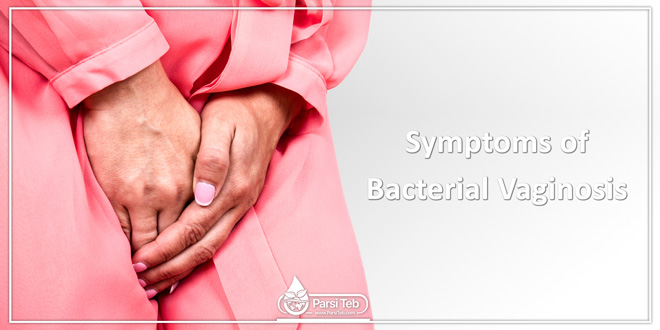What Are the Symptoms of Bacterial Vaginosis?
Up to 50% of the women who have bacterial vaginosis do not have any symptoms. Most women learn they have the infection during their annual gynecologic exam. But if symptoms appear, they can include:
* White or discolored discharge.
* Discharge that smells “fishy” that is often strongest after sex.
* Pain during urination.
* Itchy and sore vagina.
How Is Bacterial Vaginosis Diagnosed?
Your doctor can tell you if you have bacterial vaginosis. He or she will examine you and will take a sample of fluid from your vagina. The fluid is viewed under a microscope. In most cases, your doctor can tell right away if you have BV.
What Is the Treatment for Bacterial Vaginosis?
Bacterial vaginosis can only be treated with drugs ordered by your doctor. Over-the-counter remedies will not cure BV. The most common drugs prescribed for BV are called metronidazole (Flagyl) and clindamycin (Cleocin). These medications may be taken as a pill or used as a vaginal cream or gel.
Should I Be Treated for Bacterial Vaginosis if I Am Pregnant?
Maybe. But some medications for bacterial vaginosis should not be taken during the first three months of pregnancy. Tell your doctor if you are pregnant. Also let your doctor know if you think that you might be pregnant. You and your doctor should discuss whether or not the infection should be treated.
How Can I Protect Myself From Bacterial Vaginosis?
Ways to prevent bacterial vaginosis are not yet known. Female hygiene products like douches and deodorants will not cure the infection. These products may even make the infection worse.
What Vaginal Infections Are Spread Through Sex?
There are several vaginal infections that are transmitted through sexual contact. Trichomoniasis, caused by a tiny single-celled organism that infects the vagina, can cause a frothy, greenish-yellow discharge. Often this discharge will have a foul smell. Women with trichomonal vaginitis may complain of itching and soreness of the vagina and vulva, as well as burning during urination. In addition, there can be discomfort in the lower abdomen and vaginal pain with intercourse. These symptoms may be worse after the menstrual period. Many women, however, do not develop any symptoms.
Chlamydia is another sexually transmitted form of vaginitis. Unfortunately, most women with chlamydia infection do not have symptoms, which makes diagnosis difficult. A vaginal discharge is sometimes present, but not always. More often, a woman might experience light bleeding, especially after intercourse, and she may have pain in the lower abdomen and pelvis. Chlamydial vaginitis is most common in young women (18-35 years) who have multiple sexual partners. If you fit this description, you should request screening for chlamydia during your annual checkup. If left untreated, chlamydia can cause damage to a woman’s reproductive organs, and can make it difficult for a woman to become pregnant.
Several sexually transmitted viruses cause vaginitis, including the herpes simplex virus and the humanpapilloma virus (HPV). The primary symptom of herpes is pain associated with lesions or “sores.” These sores usually are visible on the vulva or the vagina but occasionally are deep inside the vagina and can only be seen during a gynecologic exam.
HPV, sometimes referred to as genital warts, can cause warts to grow in the vagina, rectum, vulva, or groin. These warts, when visible, usually are white to gray in color, but they may be pink or purple. When warts are not visible, a Pap smear or a more specialized HPV test may be the only way to detect the virus.
 Parsi Teb Physical and Mental Health Journal
Parsi Teb Physical and Mental Health Journal 



